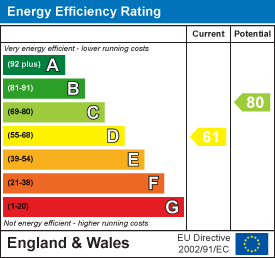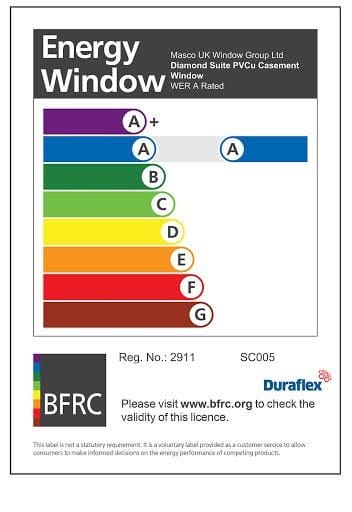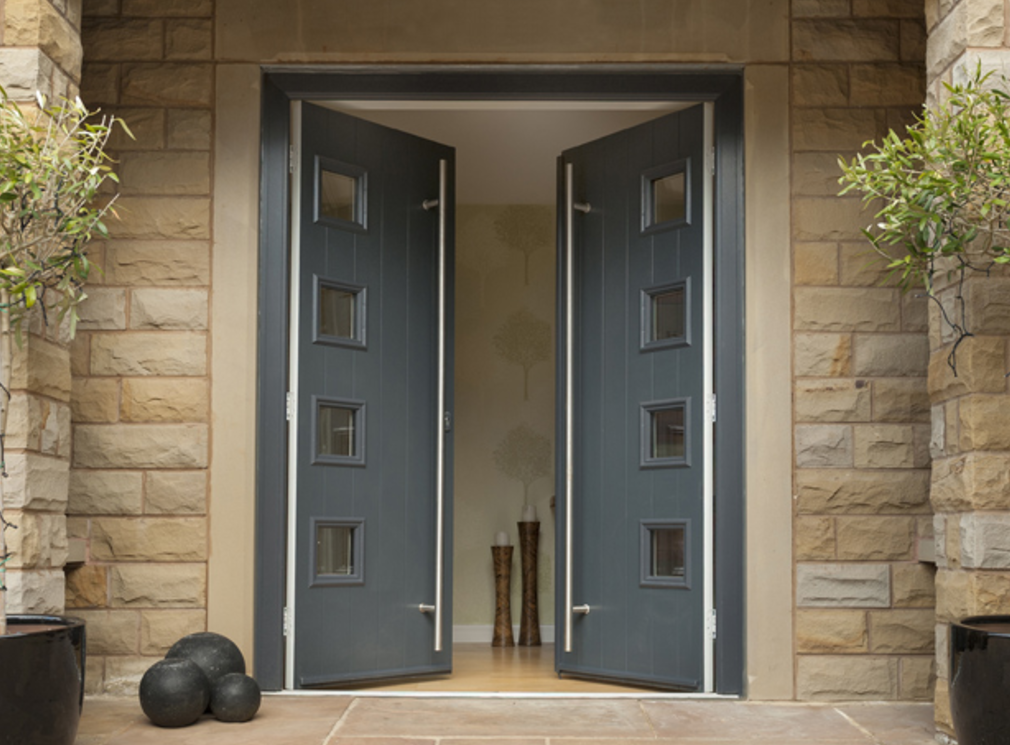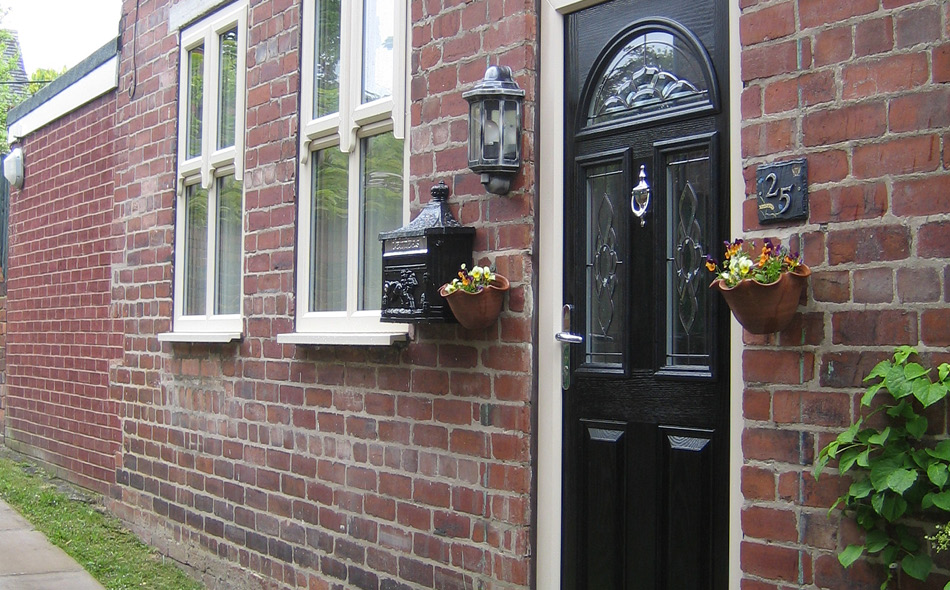Energy Performance Certificates (EPCs) are needed when homeowners, estate agents or landlords are buying or selling a house.
This is because the building needs to be assessed and graded in terms of how energy efficient a property is and where energy improvements can be made.
So why is an EPC important?
Because as a new time buyer, you want to make sure the house you are buying is fully energy efficient and, if it isn’t, where can you make improvements.
The Energy Performance Certificate explains all the information needed to know what the energy usage is and the typical costs to run those resources.
It also provides advice and gives recommendations on how you can improve the property’s energy rating, which, we’ll be getting into in this article, along with;
- Energy Performance Certificates Explained
- How to get an Energy Performance Certificate
- How Long Is An Energy Performance Certificate Valid For
- What You Need To Know When Buying or Selling a Home
So if you’re staring at an EPC label on Rightmove or Zoopla and have no idea what it means, keep reading this article to find out everything you need to know about EPCs.
Energy Performance Certificates Explained
As we mentioned, Energy Performance Certificates (EPC) are needed when a homeowner is buying, selling or even renting a home.
Usually, it’s up to the landlord or estate agent to order an EPC and provide that to the tenants before they move into the property.
Without this, you may not be able to buy, sell or rent a property. And in most cases, you could be fined up to £200 for not having one to provide. So it’s important to order one as soon as you know you want to do either of the above.
Energy Performance Certificates are useful because when shown to a homeowner, it gives a good indication of where energy costs will be spent and where the homeowner or tenant can improve on the property’s energy costs.
Of course, if the tenant is renting, it’s usually up to the landlord to make such changes; such as the energy efficiency of the windows, doors, walls and floor.
But if you own your property, you can more often than not, make these changes yourself.
Depending on your level of household income and situation, you may be able to get a grant for windows and doors from the government which is something we’ve advised on before.
How to get an Energy Performance Certificate
It’s quite simple to get an Energy Performance Certificate. You can use these search facilities to find an assessor who can issue you an EPC. Depending on which area you live in:
You need to find an accredited assessor to come out to the property to run an analysis of the property and then they, in turn, will issue you an EPC.
But it is important to remember, that you must provide an Energy Performance Certificate before selling or renting your house.
And if you’re a buyer or a potential tenant of the property, you need to make sure you see an EPC before signing your life away on the dotted line!
How Long Is An Energy Performance Certificate Valid For
Once issued, an EPC is valid for 10 years.
And what’s also important to note is that, once you have your EPC issued and attained, it can be used multiple times on the same property up until it expires after 10 years.
If you plan on selling or renting the property again and your EPC has expired, you will have to go through the same process of acquiring an accredited assessor to come out to survey the property and issue the EPC again, which will again be valid for 10 years.
How To Improve EPC Rating
Buyer
If you’re buying the property and you’ve seen the EPC, you need to understand where the energy usage is the highest in terms of energy resources and where the energy costs are being spent.
Once you’ve determined that, you can then look at the recommendations suggested by the assessor to be able to make improvements in the home, whether that’s double glazing, roof or wall installation or more.
This is important because now you know in the short term where your money will be spent, but in the long-term, you will have a plan of how you can improve the overall energy efficiency of the property and bring costs down, whilst making savings on energy bills in the months and years to come.

Renting
If you’re about to rent a property, you need to be sure that you have seen the EPC before signing your tenancy agreement.
Why? Because you need to know where your monthly energy bills will be coming from, where you need to budget correctly and how energy efficient the house will be.
If you have not seen one, you should contact your estate agent or landlord immediately as you should’ve been shown this at the early stages of looking to rent a new house. Either in the house advertisement or in some other form.
Unfortunately for your estate agent or landlord, this may result in a hefty fine and this could damage your relationship with your landlord if it was he/she you found the property through.
But this shouldn’t concern you as you would be doing what is lawfully right in this instance.
Seller
If you are selling the property, you need to make sure you search for an accredited assessor (see above) to come out and survey the property.
This assessment could take up to 2 hours to complete, but once completed you will be issued an EPC which is valid for 10 years.
If you receive an EPC and your property gets a low energy efficiency score, do not worry. The assessor will have added recommendations to the EPC report and it is up to you whether or not you wish to make these improvements yourself or leave it for the potential buyer to do once acquired.
These suggestions should only be accepted as recommendations, there is no legal right in having to make these energy upgrades, it is at the seller/buyer discretion.
Improve Your Homes’ Energy Efficiency
Whether you’re buying, selling or renting your property, you may want to consider increasing your energy efficiency by installing double glazing or upgrading new front and back doors.
Use our online QuoteBuilder tool where you can design your windows and doors online and see in a visual representation how they would look to match your specifications.
At the end of the process, you will get a free, no-obligation quote on installation costs from 3 local double glazing companies.
Frequently Asked Questions (FAQ)
How do you get an Energy Performance Certificate?
Depending on where the property is (England, Northern Ireland, Wales or Scotland) you would need to search for an accredited assessor to come out to the property and survey the building. This could take anywhere up to 2 hours to complete. Once finished, the assessor will issue you with an Energy Performance Certificate.
How long is an Energy Performance Certificate valid for?
Once issued, an Energy Performance Certificate is valid for 10 years. In that time, you can use the EPC multiple times for the same property if you wish to rent out to different tenants.
After 10 years, the EPC has expired and you will need to follow the process again, to get a newly valid Energy Performance Certificate.
How much is an Energy Performance Certificate?
Energy Performance Certificates (EPCs) range between £60.00 to £120.00 (inc. VAT) but it’s worth gathering quotes from different accredited assessors to help you find the most cost-effective and competitive rate going.


